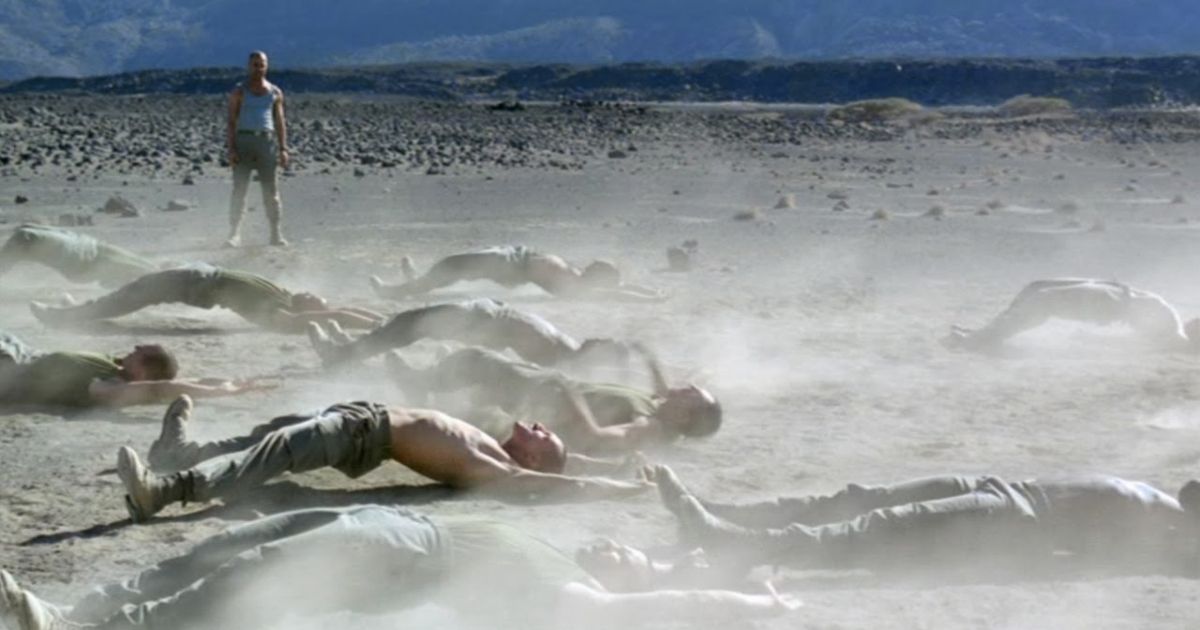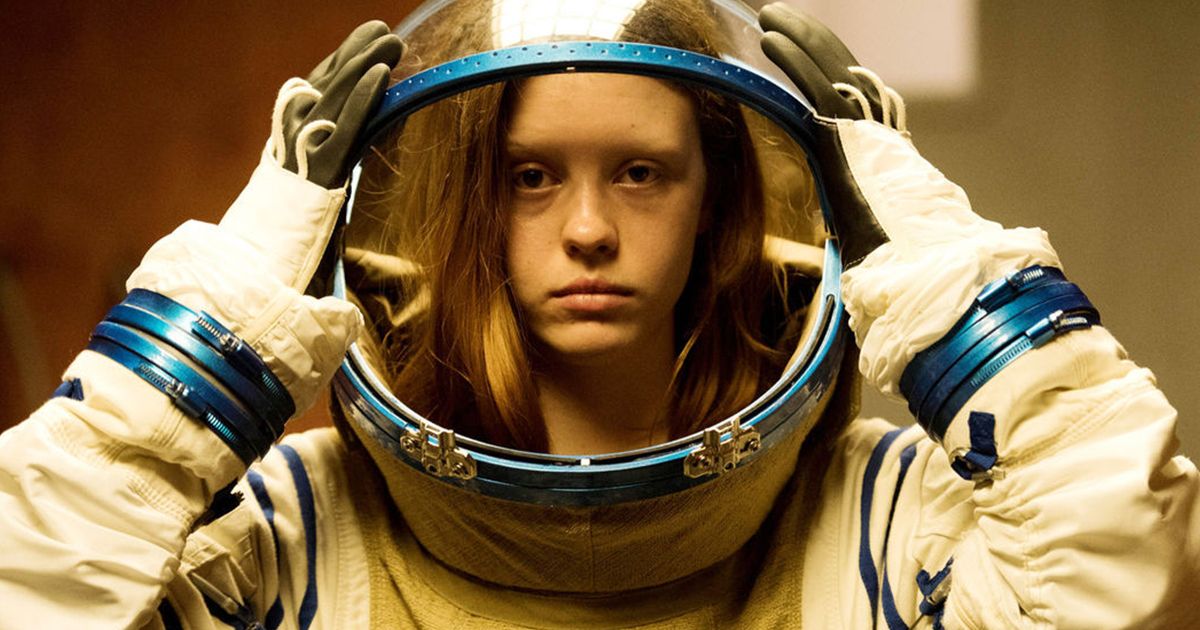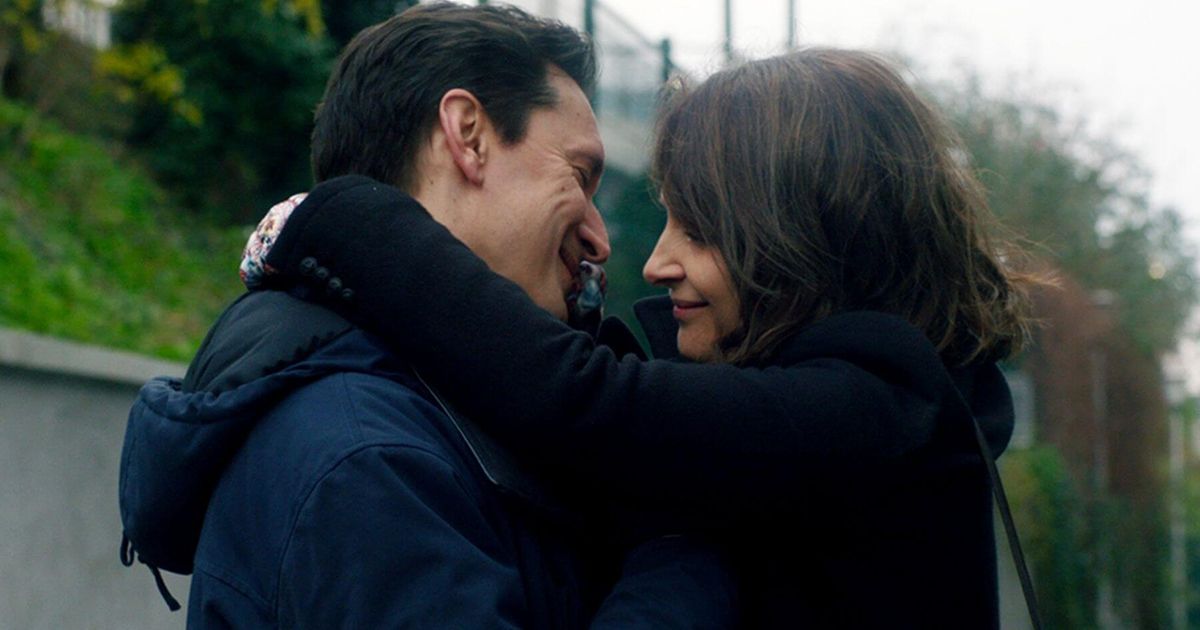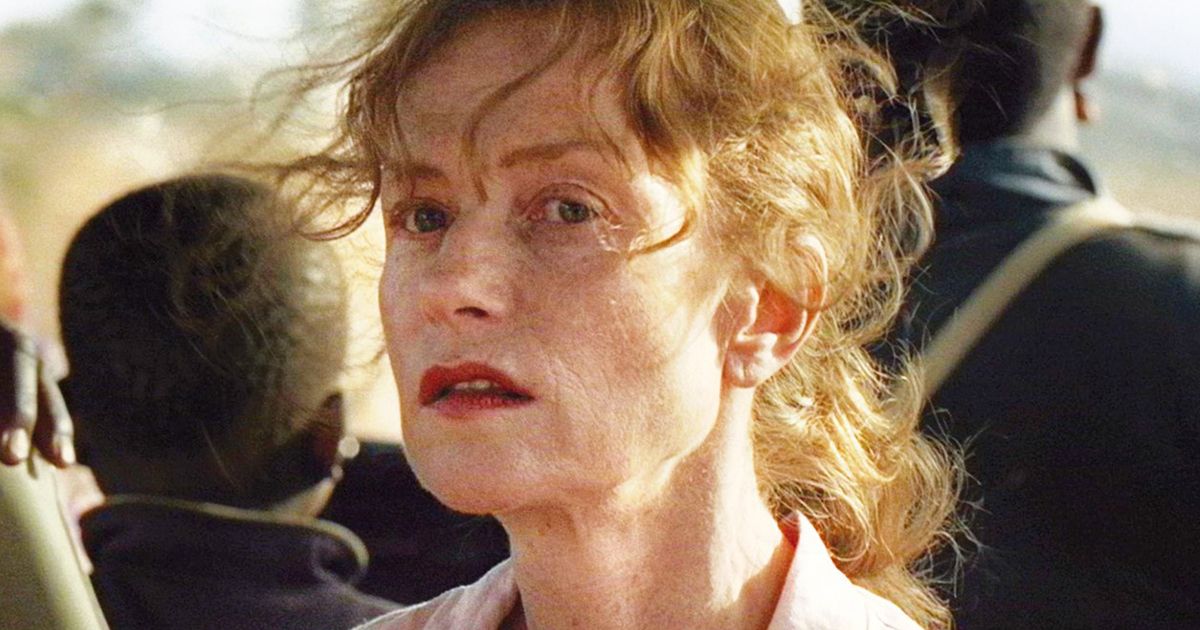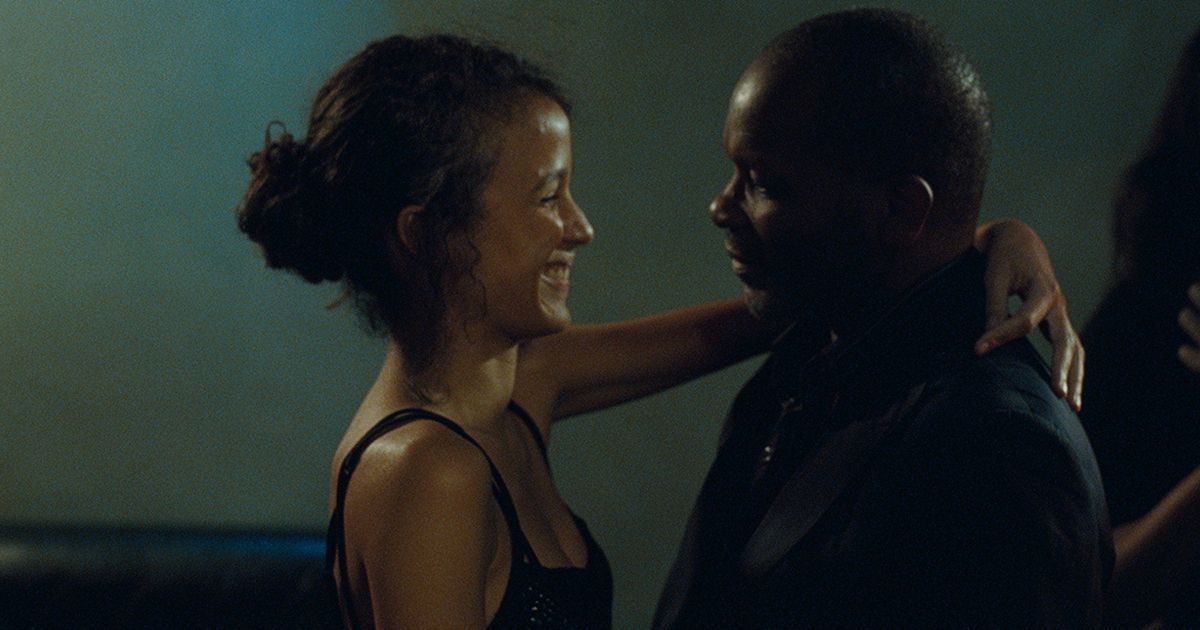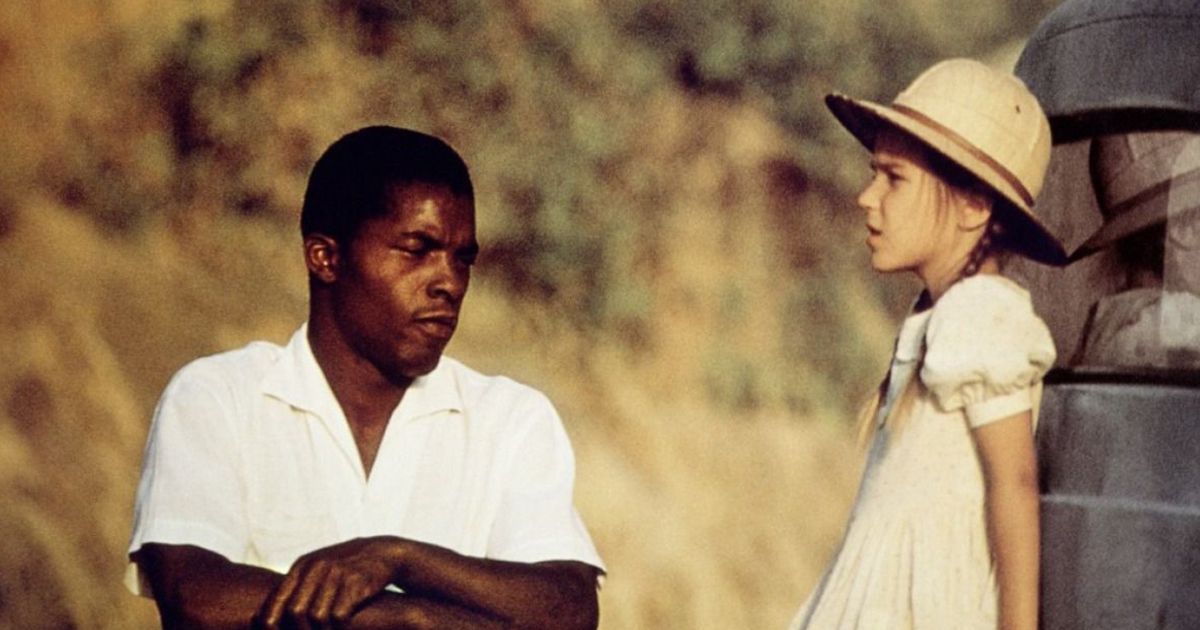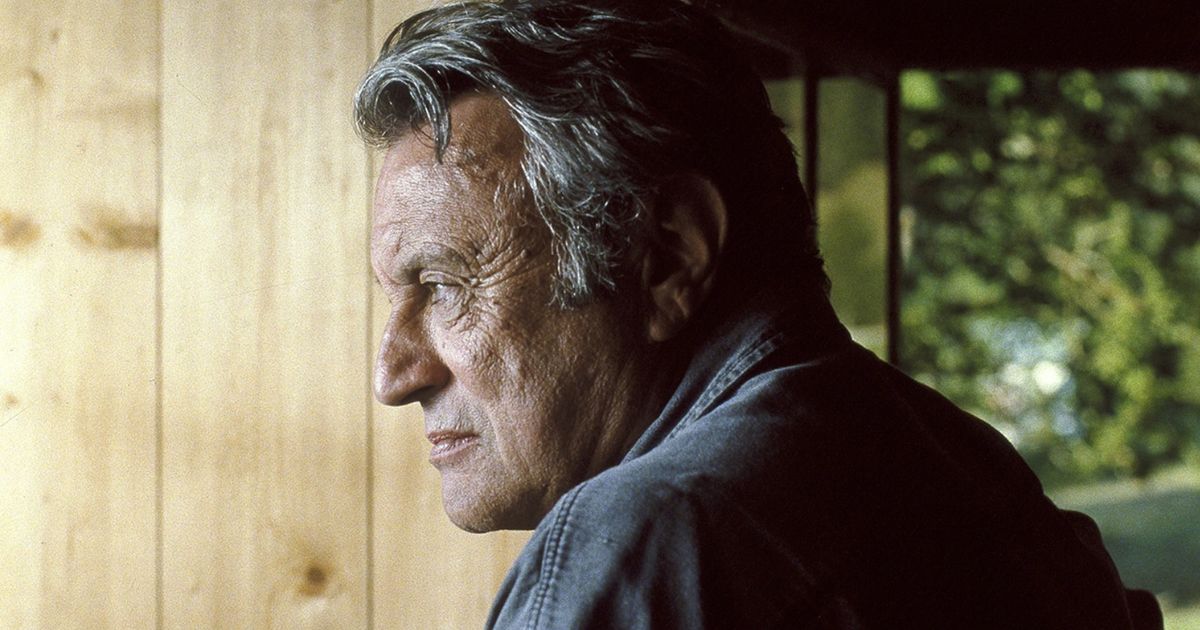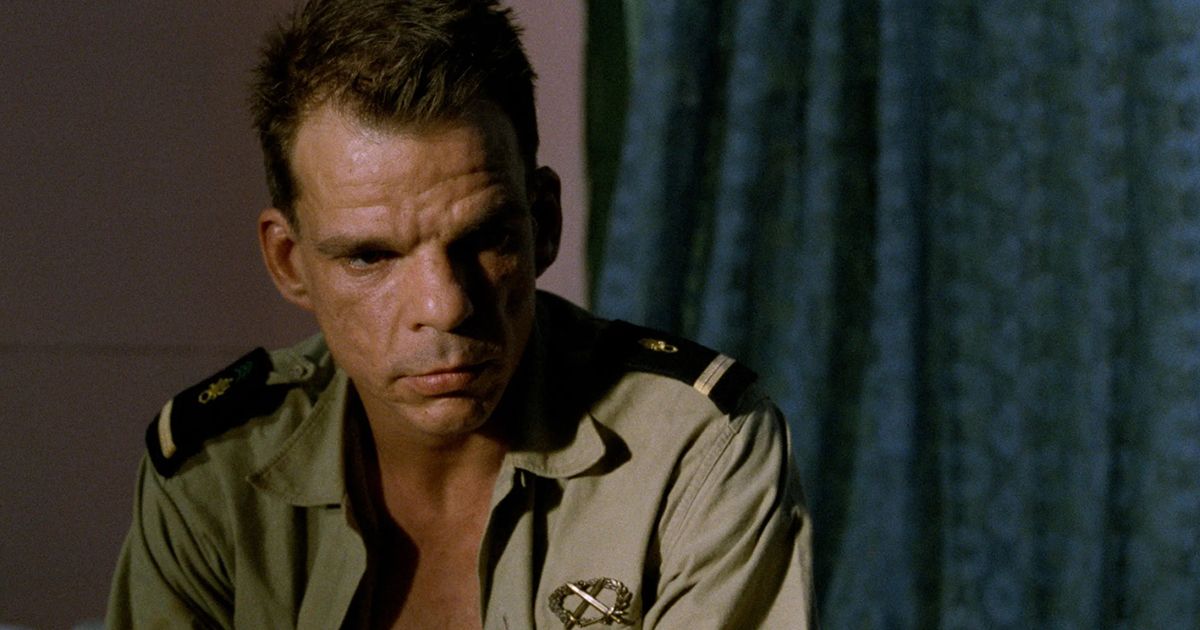A living legend of French cinema, Claire Denis is known for her dreamy, sensual, and deep films that often deal with themes of colonialism, eroticism, and alienation. Born in Paris but raised in colonial French Africa, Denis explores the colonial world in her key works, including the 1988 semi-autobiographical debut, Chocolat (not to be confused with the saccharine Johnny Depp movie). Apprenticed as an assistant to auteurs like Jacques Rivette, Jim Jarmusch, and Wim Wenders before making her own films, Denis never limits herself to a singular genre. She has made the coming-of-age drama Nénette and Boni, the erotic masterpiece Beau Travail, the arthouse horror Trouble Every Day, the cinematic poem The Intruder, the romantic comedy Let the Sunshine In, and so much more.
In 2018, Denis presented her first English language feature film High Life starring Robert Pattinson. In 2022, she achieved film festival success with Both Sides of the Blade and Stars at Noon, for which Denis won the Silver Bear for Best Director at Berlin International Film Festival and Grand Prix at Cannes Film Festival.
Let's take a look at Claire Denis’ best movies, ranked.
7 High Life
In her English-language debut, High Life, Denis takes Robert Pattinson on an erotic one-way space odyssey. The film follows a group of criminals turned astronauts on a mission toward a black hole. Juliette Binoche’s Dr. Dibs fixates on trying to create a child in space because the mission will be longer than a human lifespan. After the mystery of what happened onboard, Monte (Pattinson) and his child find themselves alone. Inspired by 1970s science fiction like Soviet director Andrei Tarkovsky’s dreamlike Solaris, High Life shows the depths of the characters’ isolation but also finds new hope.
6 Both Sides of the Blade
The 2022 drama Both Sides of the Blade (also known as Fire) is a sensual tale of love from the past that comes back to haunt the main character of the film, Sara (played by Juliette Binoche). The intimate intensity of a love triangle between Sara and two men, present long-time partner (Vincent Lindon) and former lover (Grégoire Colin), is at the heart of the film. "Both Sides of the Blade is hardly the first time Denis has depicted middle-class domesticity with the same raw animalism that often compels her towards more exotic settings (e.g. cannibalistic vampire covens, interstellar masturbation booths), but it’s been a while since one of her "normal" movies was so angry or implosive", Indie Wire stated.
5 White Material
The 2008 drama White Material follows Maria (Isabelle Huppert), a white French farmer running a coffee plantation in an unnamed African country convulsed by civil war. Everything is falling apart, but Maria refuses to leave and fights for her plantation. Dark examination of race, White Material is described by The New York Times as "a specific film about white Europeans who, being fully integrated into their African home, insist on the privileges of patrimony, including the right to exploit the land and its people." This film is a strong and wonderfully acted statement that reminds us of the humanity within everyone, especially 'the other.'
4 35 Shots of Rum
Inspired by one of the best movies from Japanese filmmaker Yasujiro Ozu, Late Spring, the 2008 drama 35 Shots of Rum centers on widower Lionel (Alex Descas) and his daughter Josephine (Mati Diop), who is eager to leave the parental nest. 35 Shots of Rum delves deep and gently not only into the tender relationships between a father and daughter but also into the life of immigrants in Paris. Soulful and bittersweet, this Denis film is one of her softest masterpieces.
3 Chocolat
Denis recalled her experiences growing up in colonial French Africa for her 1988 amazingly assured debut, Chocolat. Described by Denis as "a sort of statement of my own childhood, recognizing I experienced something from the end of the colonial era and the beginning of independence as I was a child that really made me aware of things I never forgot," the film paints a portrait of the racism Denis was familiar with.
Chocolat follows a French woman named France (Mireille Perrier), who returns to her childhood home in Cameroon. The film slips sideways into the woman's past and tells the story of little France's friendship with the Black servant, Protée (Isaach de Bankolé), while the young girl could not have understood the tensions between the colonizer and the colonized. It is an important and complex movie.
2 The Intruder
One of the most purely enigmatic film-poems, Denis’ 2004 drama The Intruder provides a glimpse into the psyche of an emotionally cold 70-year-old loner Louis Trebor (played by Jean-Luc Godard's Le petit soldat star Michel Subor). Trebor leaves the quietude of his life in Alpine home to seek a black market Korean heart transplant and to look for a son he abandoned long ago. Like the hero of Ingmar Bergman’s masterpiece Wild Strawberries, Trebor is forced to discover himself – but the dream of a new life with a new heart remains a mirage. Impressionistic and philosophical, The Intruder is another must-see Denis piece.
1 Beau Travail
Centered on the soldiers of the French Foreign Legion in desert landscapes of the former French colony in East Africa, the 1999 drama Beau Travail (French for "good work") is a poetic meditation on being a foreigner to oneself. The film follows sergeant Galoup (Denis Lavant), who goes out of his head with jealousy when a striking young recruit Sentain (Grégoire Colin) becomes a hero in the eyes of Galoup’s commanding officer Forestier (Michel Subor). A masterpiece about the male identity, Beau Travail has been described by The New York Times as "a military ballet under the sun," and it is definitely one of the most beautifully shot explorations of masculinity, destructive jealousy, violence, and love. The last scene is simply unforgettable.

